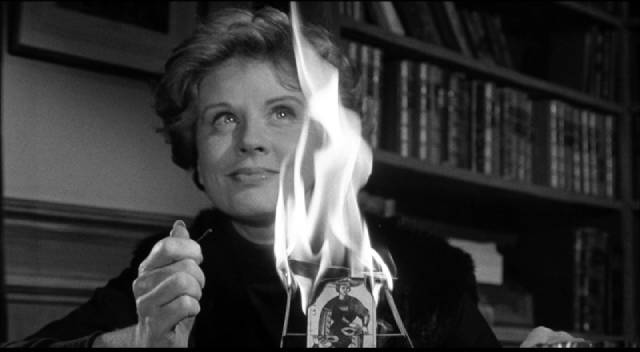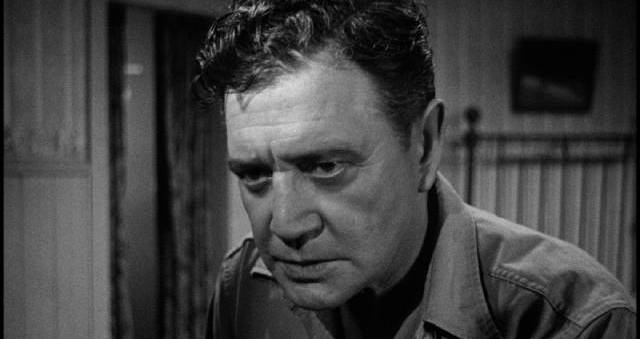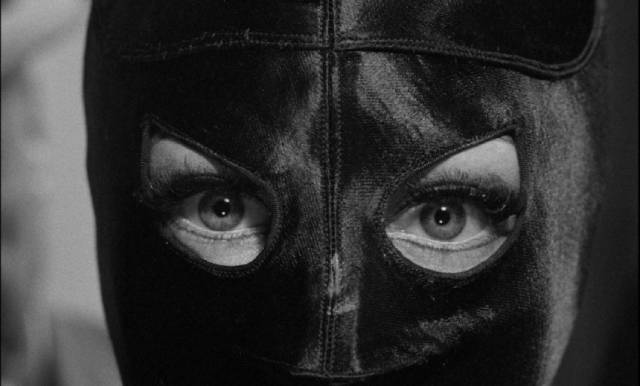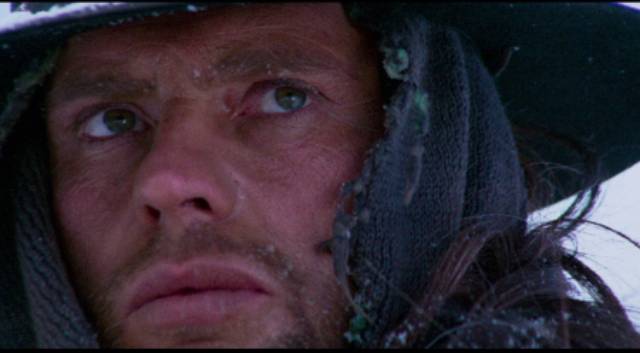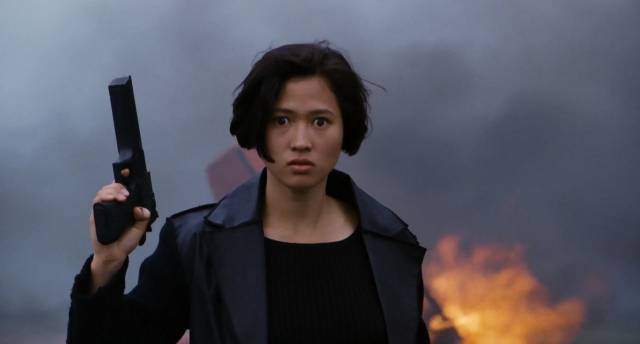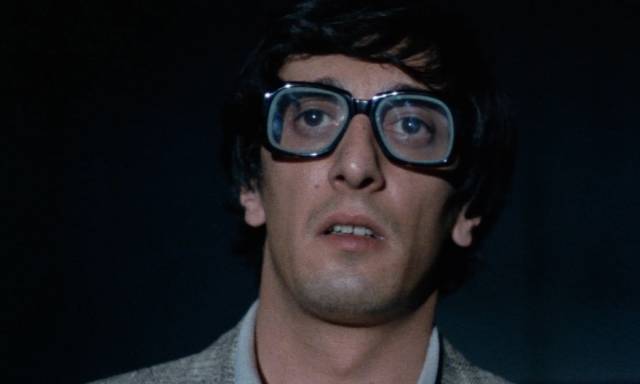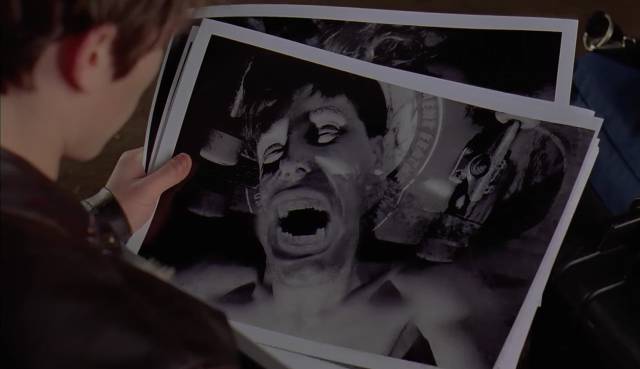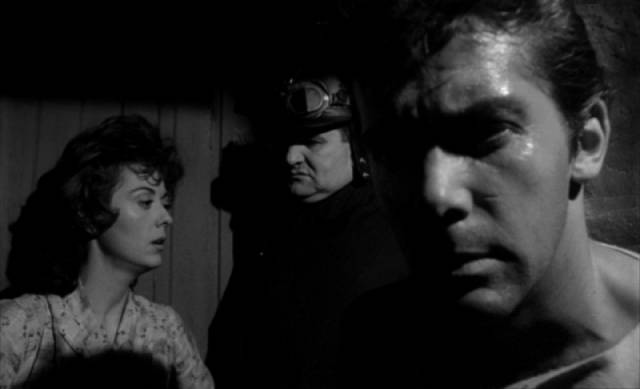
Four releases from the BFI offer excellent presentations of a pair of features from the 1970s which didn’t leave much of a mark at the time but are well worth rediscovering – Richard Loncraine’s Flame (1975) and Simon Perry’s Eclipse (1977) – and two recent experimental features – Bait (2019), Enys Men (2022) – by Cornish filmmaker Mark Jenkin, which provide a hand-crafted glimpse of disruptive social change in a timeless landscape.

